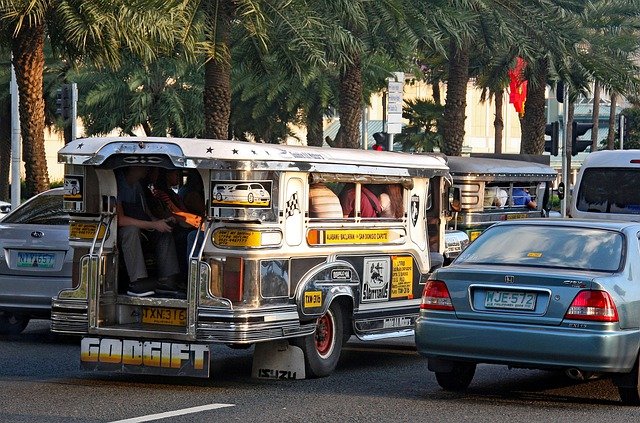
-
The Metropolitan Manila Development Authority is asking the Land Transportation Office to suspend the tagging and placing under alarm of apprehended vehicles under MMDA’s no contact apprehension policy (NCAP)
-
This, after the Supreme Court issued a temporary restraining order against the NCAP
-
MMDA claims LTO has prevented more than 100,000 tagged motor vehicle owners and buyers from renewing their licenses or transferring the registration of their vehicles
-
On August 30, the Supreme Court issued a TRO against the NCAP until the High Court rules on a petition against the policy by four transport groups challenging its constitutionality
The Metropolitan Manila Development Authority (MMDA) has asked the Land Transportation Office (LTO) to suspend the tagging of and placing under an alarm apprehended vehicles under MMDA’s no contact apprehension policy (NCAP). This, following a temporary restraining order issued by the Supreme Court on August 30.
In a letter to LTO service provider Stradcom Corp., MMDA acting chairman Carlo Dimayuga III said more than 100,000 motor vehicle owners and/or buyers whose vehicles are tagged and placed under an alarm with the LTO cannot renew and/or transfer the registration of their vehicles since the MMDA cannot accept their fines in view of the TRO.
The NCAP is a policy that utilizes CCTV, digital cameras and/or other gadgets or technology to capture videos and images to apprehend vehicles violating traffic laws, rules and regulations. The policy was implemented by the MMDA and several other city governments in Metro Manila.
According to the MMDA, it has registered more or less 107,000 NCAP apprehensions from January until August 24 of this year. Common violations include disregarding traffic signs, number coding scheme, and no loading and unloading.
“Without violating the Supreme Court TRO and in the higher interest of public service, the MMDA hereby requests the Stradcom Corporation to temporarily lift the tagging and alarm on the affected motor vehicles under the MMDA’s NCAP,” Dimayuga said.
“This will allow the owners and/or buyers to renew and/or transfer their registration with the LTO.”
Dimayuga emphasized, however, that the request is without prejudice to the final decision of the High Court and would be reinstated if the court affirms the legality of the MMDA NCAP.
Four transport groups filed a petition before the Supreme Court to declare the NCAP unconstitutional.
Also covered by the lifting of the alarm and tagging are vehicle owners caught by the MMDA NCAP which have yet to settle their fines before the SC issued the TRO on August 30.
Since the TRO issuance, MMDA has suspended its implementation of the NCAP, including collection of fines, until further notice, Dimayuga said.
The TRO took effect “immediately and until further orders from the Court, enjoining all respondents from the implementation of the [NCAP] programs and ordinances related thereto.”
The SC said any apprehensions through the NCAP programs and ordinances related thereto will be prohibited until further orders from the Court.
The case is set for oral arguments on January 24, 2023.
The Land Transportation Franchising and Regulatory earlier sought a suspension of the NCAP pending clear guidelines, while a resolution has been filed in the House of Representatives seeking to suspend and investigate the policy amid complaints regarding its implementation.




